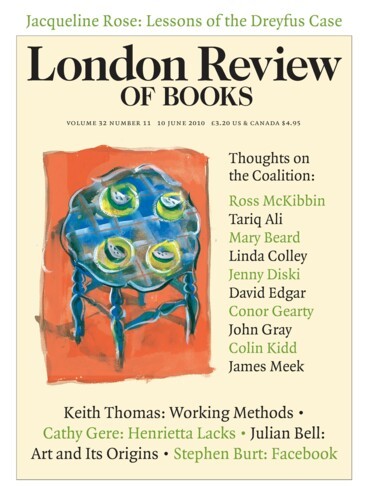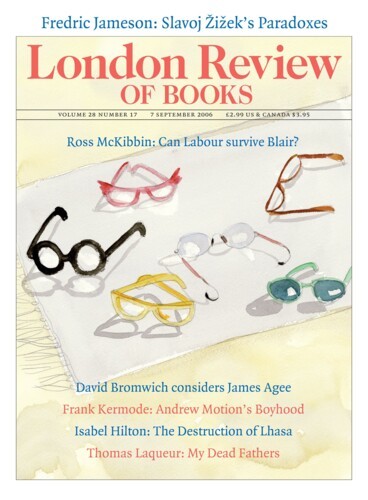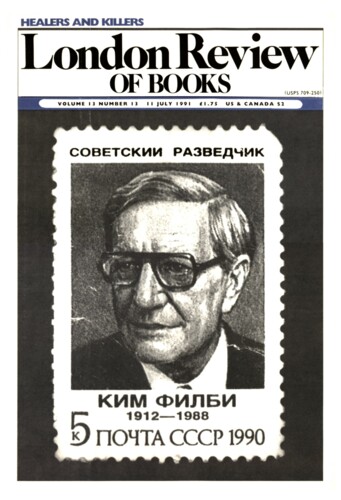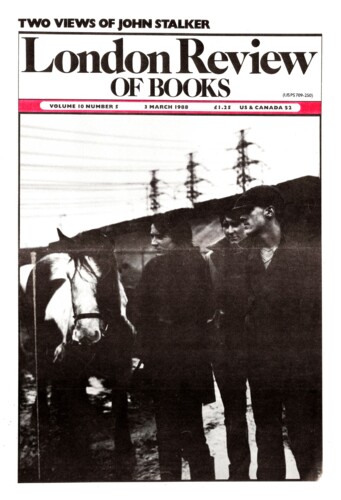Speak Bitterness: Growing up in Tibet
Isabel Hilton, 5 March 2015
Last August, speaking at an international forum on development in Tibet sponsored by the Chinese government, Neil Davidson, a Labour peer and former advocate general for Scotland, criticised the Western media for bias. The story they had failed to tell, according to Davidson, was that of the remarkable economic development the Chinese government had brought to Tibet in a ‘short...





